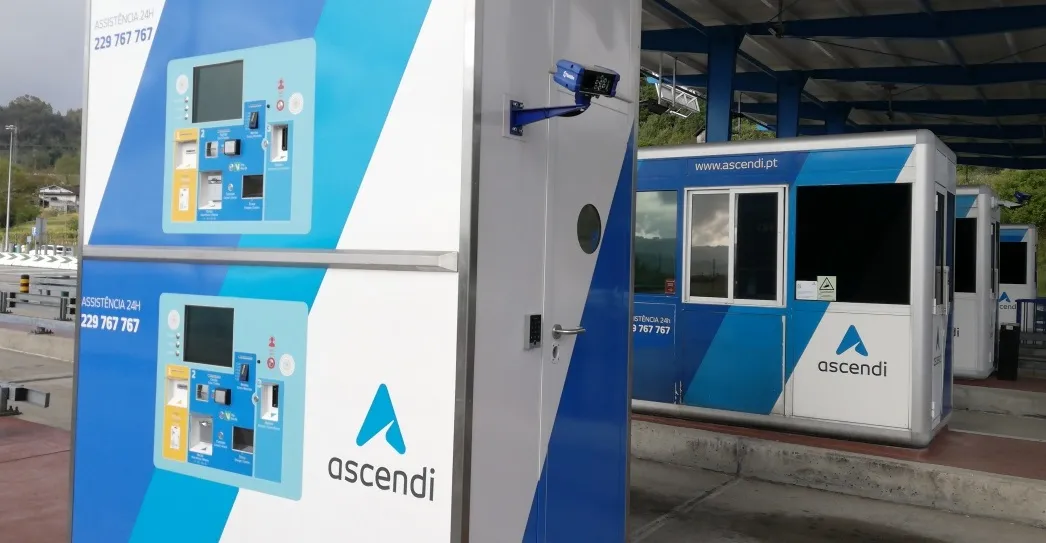Six years after having completed the first European cross-border ETCS project on the line between Vienna and Budapest, the latest project includes the design, delivery, installation and commissioning of Elektra electronic interlocking systems for five train stations, an operational management centre at Püspükladány station and an ETCS level 2 Radio Block Centre. Around 180 points and 340 signals are controlled by the operational management centre. The project is scheduled to be completed by the end of 2015.
Thales deploys the first ETCS Level 2 system in Hungary
Thales and its consortium partner, the Hungarian company Dunántúli Kft., has signed a contract worth over US$91 million with the Hungarian infrastructure company NIF (National Infrastructure Development Company) to provide the state-of-art interlocking and electronic train protection technology for the 66 km Szajol-Püspöklandany line.
March 23, 2012
Read time: 1 min








